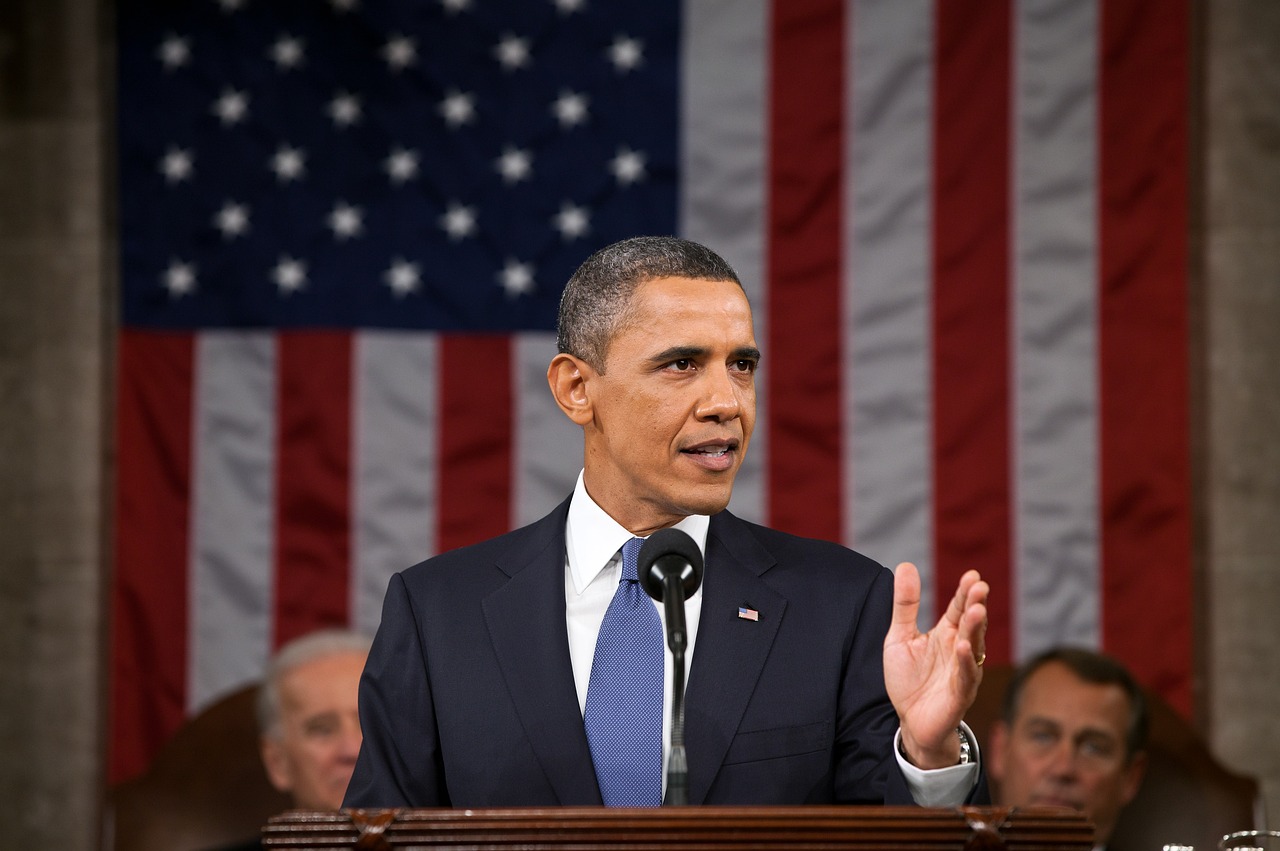Barack Obama, the 44th President of the United States, made history not only by becoming the first African American to hold the highest office in the nation but also by reshaping the American narrative on race, leadership, and progress. His presidency marked a pivotal moment in American history, sparking hope, controversy, and transformation. As we delve into the life and legacy of this remarkable leader, we uncover a narrative of resilience, ambition, and unwavering dedication to the ideals of equality and justice.
Early Life and Education: Born on August 4, 1961, in Honolulu, Hawaii, Barack Obama’s upbringing was marked by diversity and cultural richness. His father, Barack Obama Sr., hailed from Kenya, while his mother, Stanley Ann Dunham, was a white American from Kansas. Raised by his mother and grandparents, Obama developed a deep appreciation for multiculturalism and the values of inclusivity from an early age.
Obama’s educational journey took him from Hawaii to Occidental College in Los Angeles and later to Columbia University in New York City, where he graduated with a degree in Political Science. Subsequently, he attended Harvard Law School, where he distinguished himself as a brilliant student and the first African American president of the Harvard Law Review.
Rise in Politics: After graduating from Harvard Law School, Obama embarked on a career in public service, working as a community organizer in Chicago’s South Side. His grassroots efforts to empower marginalized communities laid the foundation for his entry into politics.
In 1996, Obama was elected to the Illinois State Senate, where he served with distinction for eight years, championing causes such as healthcare reform, ethics legislation, and racial justice. His eloquence, intellect, and ability to bridge divides earned him widespread admiration and set the stage for his meteoric rise on the national stage.
Presidential Campaign and Victory: In 2008, Barack Obama made history by announcing his candidacy for President of the United States, running on a platform of hope, unity, and change. His candidacy energized millions of Americans, transcending racial barriers and inspiring a new generation of voters.
Throughout a grueling primary campaign, Obama faced formidable opponents within his own party, including seasoned politicians like Hillary Clinton. However, his message of hope and his ability to connect with voters from all walks of life propelled him to victory, securing the Democratic nomination and ultimately the presidency.
On November 4, 2008, Barack Obama made history once again, defeating Republican nominee John McCain to become the first African American President of the United States. His election marked a watershed moment in American history, symbolizing the triumph of diversity, inclusivity, and the promise of a more perfect union.
Presidential Legacy: During his two terms in office, President Obama confronted a myriad of challenges, from the worst economic crisis since the Great Depression to the complexities of foreign policy and national security. Despite facing fierce opposition from political adversaries, Obama remained steadfast in his commitment to advancing progressive policies and fostering dialogue across partisan lines.
One of Obama’s most significant accomplishments was the passage of the Affordable Care Act, also known as Obamacare, which expanded access to healthcare for millions of Americans and addressed longstanding inequities in the healthcare system. Additionally, Obama made strides in areas such as climate change, LGBTQ rights, and criminal justice reform, leaving a lasting impact on the fabric of American society.
Obama’s leadership style, characterized by pragmatism, empathy, and intellectual rigor, earned him admiration both at home and abroad. His eloquent speeches, such as his address on race relations in America following the controversy surrounding Reverend Jeremiah Wright, demonstrated his ability to confront difficult issues with grace and nuance.
Furthermore, Obama’s foreign policy initiatives, including the historic normalization of relations with Cuba and the landmark Iran nuclear deal, reflected his commitment to diplomacy and multilateralism. Despite facing criticism for his handling of conflicts in the Middle East and the rise of ISIS, Obama’s measured approach to international affairs sought to promote stability and cooperation in an increasingly interconnected world.
Conclusion: Barack Obama’s presidency represents a chapter in American history defined by hope, progress, and the enduring struggle for equality. From his humble beginnings as a community organizer to his historic election as the first black President of the United States, Obama’s journey embodies the American Dream in all its complexity and possibility.
As we reflect on Obama’s legacy, we are reminded of the power of leadership to inspire change, bridge divides, and shape the course of history. His presidency may have come to an end, but his vision of a more inclusive and equitable society continues to resonate with millions of Americans around the world. In the words of Barack Obama himself, “Change will not come if we wait for some other person or some other time. We are the ones we’ve been waiting for. We are the change that we seek.”
